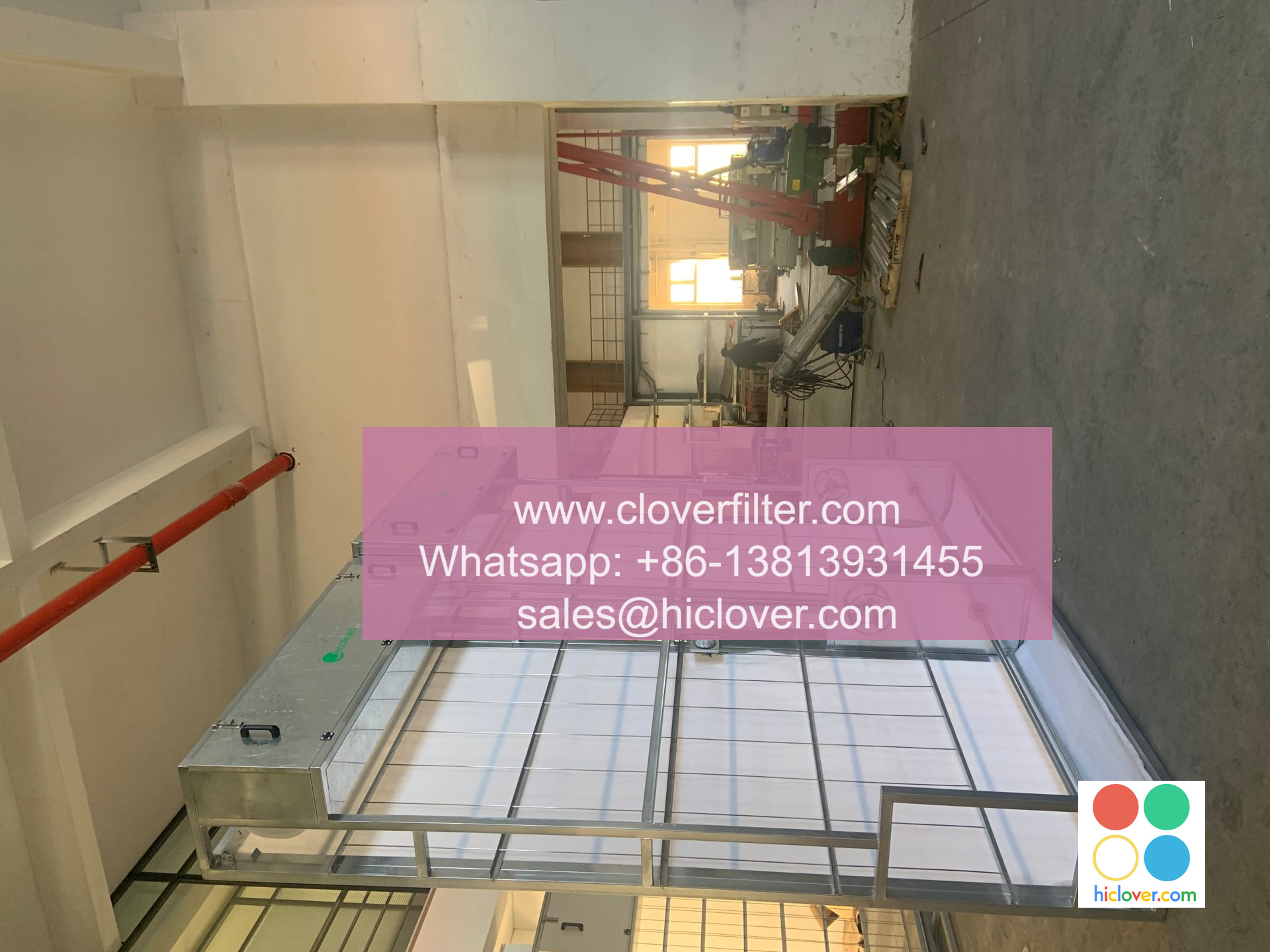The Ultimate Guide to Choosing the Right Air Filter for Your Industrial Facility

The Ultimate Guide to Choosing the Right Air Filter for Your Industrial Facility
In industrial facilities, maintaining a clean and healthy air environment is crucial for the well-being of employees, equipment, and the production process. Air filters play a vital role in achieving this goal, as they help remove impurities, contaminants, and pollutants from the air. With so many options available, choosing the right air filter for your industrial facility can be overwhelming. In this guide, we will walk you through the key factors to consider and highlight several application areas where air filters are used.
Understanding Filter Types
Types of Air Filters
There are several types of air filters available, each designed for specific applications and industries. Some of the most common types include:
- Polyester filters: Ideal for general-purpose use, these filters have a high efficiency (MERV 10-12) and are relatively inexpensive.
- Fiberglass filters: These are often used in residential and commercial settings, but may not be suitable for industrial environments.
- HEPA filters: High-Efficiency Particulate Air (HEPA) filters are designed for extremely high-efficiency applications, with 99.97% efficiency at 0.3 microns.
- Activated carbon filters: These filters are designed to remove gases, odors, and volatile organic compounds (VOCs) from the air.
- Pleated filters: These filters have a high surface area and are often used in industrial settings, such as power plants, manufacturing facilities, and laboratories.
- Dust and Particulates: Industrial facilities often generate high levels of dust and particulate matter, making it essential to choose a filter with a high MERV rating (MERV 13-16) to capture these particles.
- Pollen, Pet Dander, and Haze: Industrial facilities with heavy machinery or manufacturing equipment may require a filter with a higher MERV rating to remove these pollutants.
- Gases, VOCs, and Odors: Industrial processes can release hazardous gases and odors, and activated carbon filters are an excellent option for removing these contaminants.
- Filter Dimensions: Ensure the filter size matches the air handler or duct system.
- Frame Materials: Consider a filter with a sturdy frame to withstand industrial conditions.
- MER (Minimum Efficiency Reporting Value): A higher MERV rating indicates a filter’s ability to capture smaller particles.
- bpm (Bumbeck Performance Metric): A higher bpm rating indicates a filter’s ability to capture particles at both coarse and fine sizes.
- Airflow: Consider filters with a high airflow rate to minimize pressure drop and ensure efficient system performance.
- Determine Your Filter’s Purpose: Identify the specific requirements of your industrial facility’s air quality needs.
- Conduct an Air Quality Audit: Test the air quality in your facility to determine the types of pollutants and particles present.
- Consult with Experts: Seek guidance from manufacturers or qualified HVAC professionals to ensure the right filter selection for your facility.
- Monitor Filter Performance: Regularly inspect and maintain filters to ensure optimal performance and longevity.
- [ASHRAE: Introduction to Air Filter Selection](https://www.ashrae.org/technical-resources/94- design-guides/Chapter-Six-Introduction-to-Air-Filter-.)
- EPA: Guide to Air Filter Selection
- Filter Manufacturers Association (FMA): Air Filter Selection Guide
Considerations for Industrial Facilities
Key Specifications to Consider
Filter Size and Design
Performance Metrics
Best Practices for Choosing an Air Filter
Conclusion
Choosing the right air filter for your industrial facility is crucial for maintaining a healthy and safe working environment. By understanding the different types of filters, considering key specifications, and following best practices, you can ensure your facility meets the required air quality standards. In this article, we have highlighted the importance of filter selection and provided guidance for making an informed decision. Consult with experts and conduct thorough research to find the perfect air filter for your industrial facility.
Additional Resources
I’m ready! What would you like to talk about or ask?


